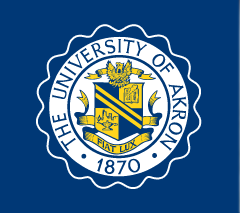Abstract
The paper will proceed in the following stages: Section II will describe a theoretical model of the incentive structure surrounding corporate tax evasion and the implications that the model suggests for the behavior of corporate managers. Section III will analyze how the personal income tax might change the returns to evasion and how this effect could be expected to influence the behaviour of the corporation's managers. Section IV will describe the principal interaction mechanisms between the corporate tax and personal income tax employed in practice. Section V will analyze the effects of each of the interaction mechanisms described. Section VI will consider how the personal tax and interaction mechanisms might be constructed or improved to deter evasion more effectively.
By the time the analysis is complete, the paper will argue that it is possible in theory at least, to construct the interaction mechanism between the corporate tax and personal income tax so as to eliminate many of the benefits of successful evasion and probably far more effectively and at less cost than the strategies usually suggested. In practice, however, it will be seen that few of the interaction mechanisms currently employed deliver this result. Consequently, in so far as the revenue authority relies on the interaction mechanism to assist in reducing corporate tax evasion, the full benefits of the interaction mechanism have yet to be exploited.
Recommended Citation
Cooper, Graeme S.
(1996)
"The Return to Corporate Tax Evasion in the Presence of an Income Tax on Shareholders,"
Akron Tax Journal: Vol. 12, Article 1.
Available at:
https://ideaexchange.uakron.edu/akrontaxjournal/vol12/iss1/1
